Podcast: Play in new window | Download (Duration: 25:29 — 17.5MB) | Embed
Subscribe: Apple Podcasts | Spotify | Amazon Music | Android | Pandora | iHeartRadio | JioSaavn | Podchaser | Gaana | Podcast Index | Email | TuneIn | Deezer | Anghami | RSS | More

The Nativity of the Blessed Virgin Mary – Building a Kingdom of Love with Msgr. John Esseff
Msgr. John Esseff and Kris McGregor reflect upon the Blessed Virgin Mary’s birthday on September 8th. The Church celebrates only a few birthdays, notably those of Jesus, Mary, and John the Baptist. Msgr. Esseff explains the significance of these birthdays, particularly Mary’s,and her immaculate conception—being conceived without sin in anticipation of Christ’s redemptive work.
All of Mary’s holiness comes through her Son, Jesus Christ. Her conception, celebrated on December 8th, was free from original sin so that she could become the mother of Jesus. Msgr. Esseff ties this to the larger understanding of grace, referencing St. Paul’s writings about predestination and justification through Christ.
Msgr. Esseff reminds us of the importance of one’s baptism, emphasizing it as the true “birthday” for Christians, when divine life enters the soul. Msgr. Esseff encourages us to celebrate their baptismal day, as it marks the beginning of their spiritual journey; likening the symbolism of baptismal candles and white robes to the beauty and purity that Mary herself embodies.
Discerning Hearts Reflection Questions
- Significance of Mary’s Immaculate Conception: How does Mary’s immaculate conception deepen your understanding of God’s plan for salvation?
- Importance of Baptismal Day: Why is your baptismal day considered your true “spiritual birthday,” and how can you celebrate it more meaningfully?
- Role of Jesus in Sanctification: How does recognizing that all holiness, including Mary’s, comes from Jesus influence your spiritual life?
- Connection to Spiritual Light: In what ways does the symbolism of baptismal candles help you reflect on your call to be a “light of the world”?
- Mary as a Model of Purity and Holiness: How does Mary’s example as the pure and immaculate virgin inspire you to live a life of holiness?
- Reflection on Your Name: How do you relate to the name given to you at your baptism, and what significance does it hold in your faith journey?
- Celebrating Mary’s Birthday: How might you incorporate the celebration of Mary’s birthday into your own spiritual practices or family traditions?
- The Call to Radiate Christ’s Light: In what ways can you more fully live out your identity as a member of God’s family, modeled after Mary, the Queen of Heaven?
The Birth of Jesus Foretold
“26 In the sixth month the angel Gabriel was sent from God to a city of Galilee named Nazareth, 27 to a virgin betrothed to a man whose name was Joseph, of the house of David; and the virgin’s name was Mary. 28 And he came to her and said, “Hail, full of grace, the Lord is with you!” 29 But she was greatly troubled at the saying, and considered in her mind what sort of greeting this might be. 30 And the angel said to her,“Do not be afraid, Mary, for you have found favor with God. 31 And behold, you will conceive in your womb and bear a son, and you shall call his name Jesus.”
Mary Visits Elizabeth
“39 In those days Mary arose and went with haste into the hill country, to a city of Judah, 40 and she entered the house of Zechari′ah and greeted Elizabeth. 41 And when Elizabeth heard the greeting of Mary, the babe leaped in her womb; and Elizabeth was filled with the Holy Spirit 42 and she exclaimed with a loud cry, “Blessed are you among women, and blessed is the fruit of your womb! 43 And why is this granted me, that the mother of my Lord should come to me? 44 For behold, when the voice of your greeting came to my ears, the babe in my womb leaped for joy. 45 And blessed is she who believed that there would be a fulfilment of what was spoken to her from the Lord.”
Revised Standard Version Catholic Edition (RSVCE)
The Revised Standard Version of the Bible: Catholic Edition, copyright © 1965, 1966 the Division of Christian Education of the National Council of the Churches of Christ in the United States of America. Used by permission. All rights reserved.
Msgr. John A. Esseff is a Roman Catholic priest in the Diocese of Scranton. Msgr. Esseff served as a retreat director and confessor to Saint Teresa of Calcutta. He continues to offer direction and retreats for the sisters of the Missionaries of Charity. Msgr. Esseff encountered St. Padre Pio, who would become a spiritual father to him. He has lived in areas around the world, serving in the Pontifical missions, a Catholic organization established by Pope St. John Paul II to bring the Good News to the world, especially to the poor. He continues to serve as a retreat leader and director to bishops, priests and sisters and seminarians, and other religious leaders.

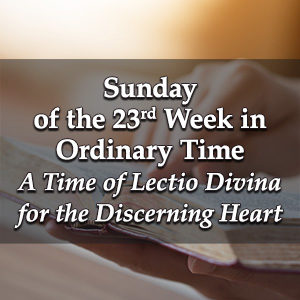 Sunday of the Twenty-Third Week in Ordinary Time – A Time of Lectio Divina for the Discerning Heart Podcast
Sunday of the Twenty-Third Week in Ordinary Time – A Time of Lectio Divina for the Discerning Heart Podcast


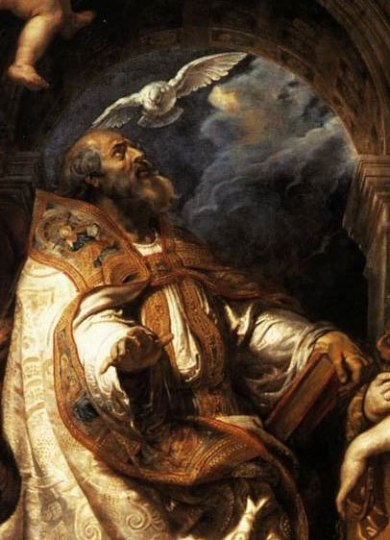
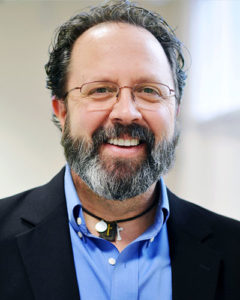



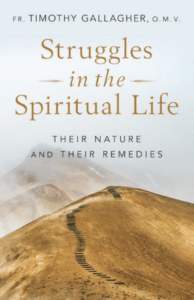
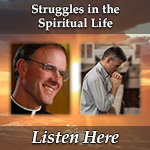

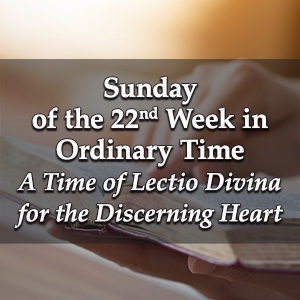 Sunday of the Twenty-Second Week in Ordinary Time – A Time of Lectio Divina for the Discerning Heart Podcast
Sunday of the Twenty-Second Week in Ordinary Time – A Time of Lectio Divina for the Discerning Heart Podcast

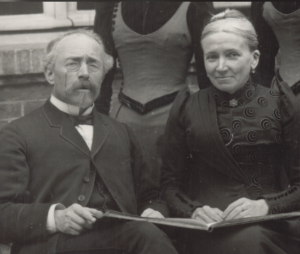
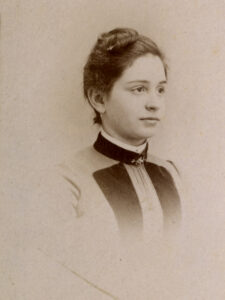
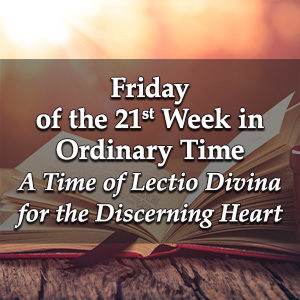 Friday of the Twenty-First Week in Ordinary Time – A Time of Lectio Divina for the Discerning Heart Podcast
Friday of the Twenty-First Week in Ordinary Time – A Time of Lectio Divina for the Discerning Heart Podcast